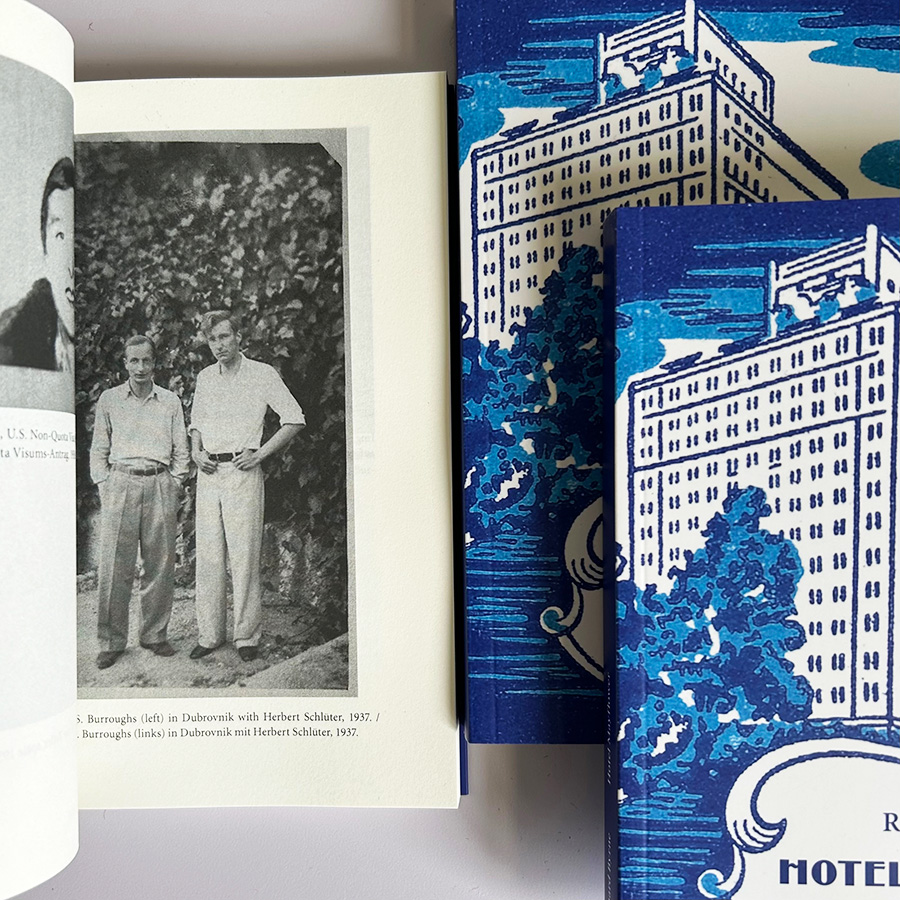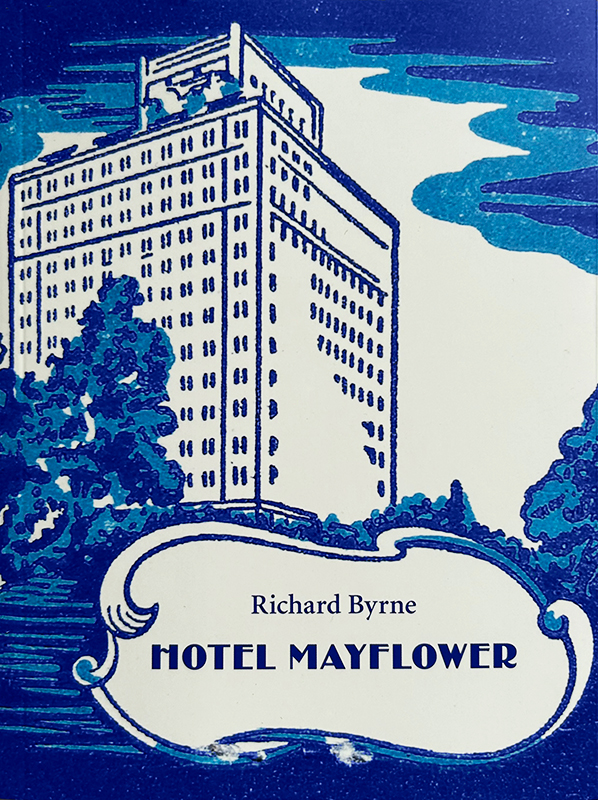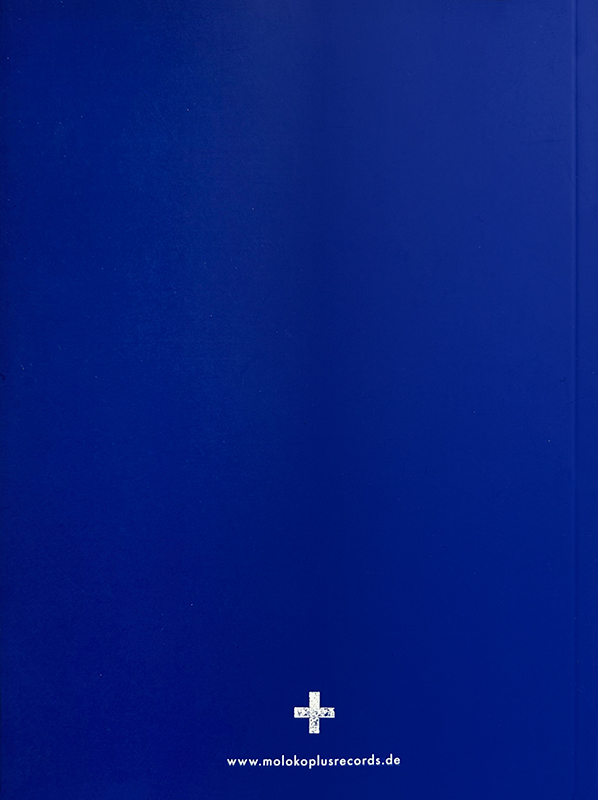 True story: Before finding fame as a writer, Beat Generation icon William Burroughs met a German Jewish woman named Ilse Herzfeld Klapper in Dubrovnik. A year later, in 1938, they married. Ilse Burroughs received a U.S. visa from this marriage, which allowed her to escape Nazi Germany. She arrived in New York in 1939, where she worked for exiled German writer Ernst Toller. During his exile, Toller had become a leading figure in the anti-fascist resistance. He gave speeches, wrote articles, raised money for the hungry in Spain and even wrote film scripts in Hollywood. In his play Hotel Mayflower Richard Byrne imagines how Toller, Herzfeld Klapper and Burroughs met and collided in a Manhattan hotel in 1939. Byrne’s Hotel Mayflower is a fictitious world based on historical facts: a picture of exile and displacement amid growing fascism, and attempts to erase and rewrite history. Where does that leave the artist? As Byrne himself puts it: “Toller and Burroughs are at opposite poles in their views about writing and politics. And the story of Ilse Herzfeld Klapper Burroughs – polyglot, refugee, friend to the famous – is utterly enigmatic. ‘Hotel Mayflower’ was my opportunity to explore a tangle of key issues in our moment through the prism of a forgotten story of 1939 that should be better known.”
True story: Before finding fame as a writer, Beat Generation icon William Burroughs met a German Jewish woman named Ilse Herzfeld Klapper in Dubrovnik. A year later, in 1938, they married. Ilse Burroughs received a U.S. visa from this marriage, which allowed her to escape Nazi Germany. She arrived in New York in 1939, where she worked for exiled German writer Ernst Toller. During his exile, Toller had become a leading figure in the anti-fascist resistance. He gave speeches, wrote articles, raised money for the hungry in Spain and even wrote film scripts in Hollywood. In his play Hotel Mayflower Richard Byrne imagines how Toller, Herzfeld Klapper and Burroughs met and collided in a Manhattan hotel in 1939. Byrne’s Hotel Mayflower is a fictitious world based on historical facts: a picture of exile and displacement amid growing fascism, and attempts to erase and rewrite history. Where does that leave the artist? As Byrne himself puts it: “Toller and Burroughs are at opposite poles in their views about writing and politics. And the story of Ilse Herzfeld Klapper Burroughs – polyglot, refugee, friend to the famous – is utterly enigmatic. ‘Hotel Mayflower’ was my opportunity to explore a tangle of key issues in our moment through the prism of a forgotten story of 1939 that should be better known.”
Richard Byrne writes plays and films. He is also an award-winning editor and journalist. His work has been published in places including Time, The Nation, The New Republic, The Baffler, BookForum, New York Press, The Wilson Quarterly, The Guardian, and The Washington Post. Byrne lives in Washington DC. His plays Burn Your Books and Nero/Pseudo have been produced in Prague and Washington DC. His new film, The Drowned Girl, has been screened in New York City and Washington DC. Moloko Plus has now published Hotel Mayflower – originally titled Three Suitcases – as a bilingual (English-German) edition with a German translation by Mark Kanak. Design: Ralf Zühlke.


